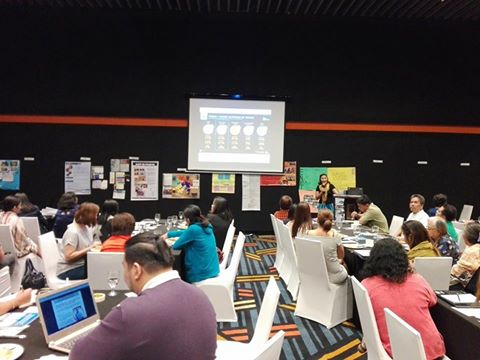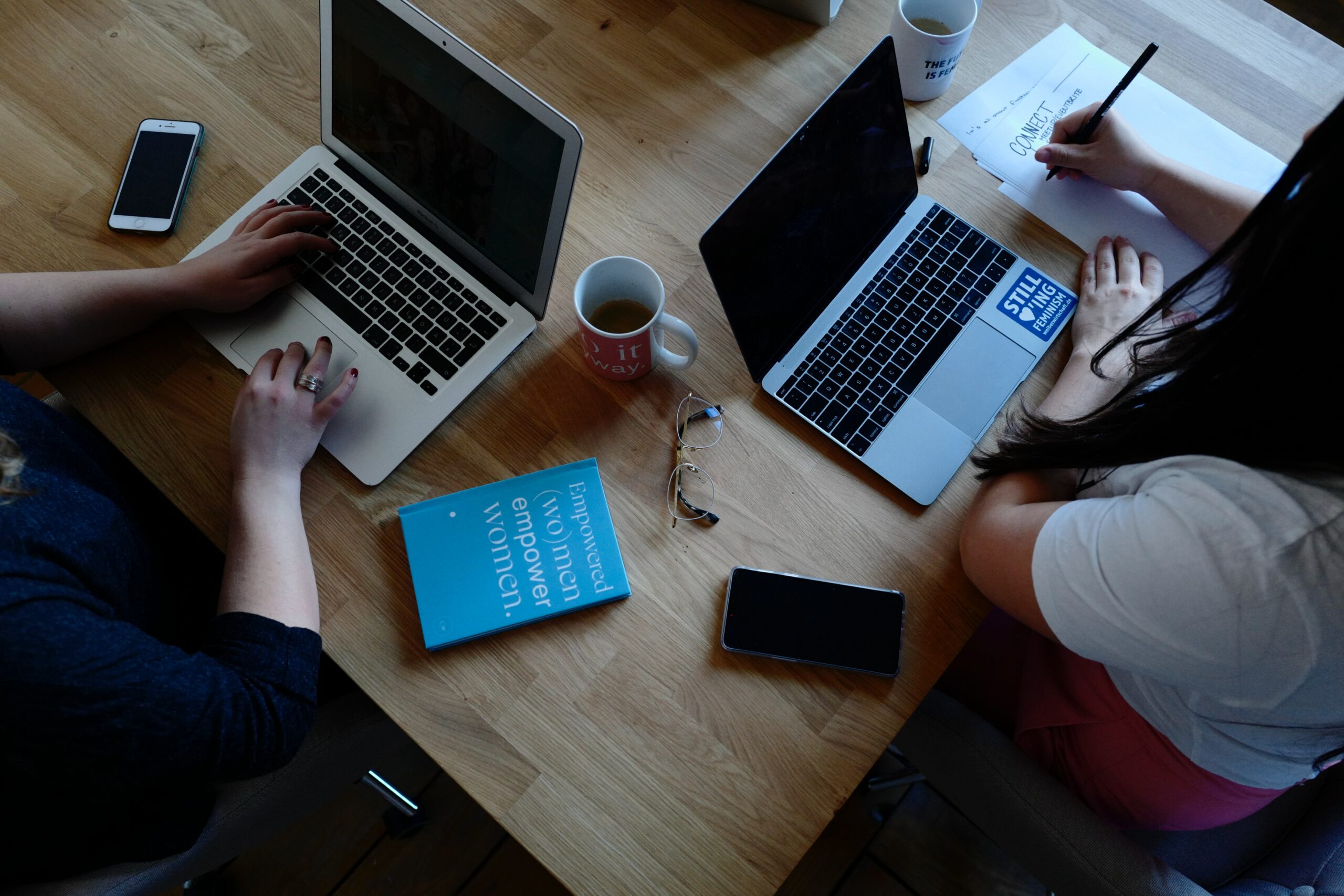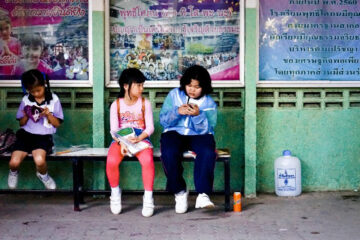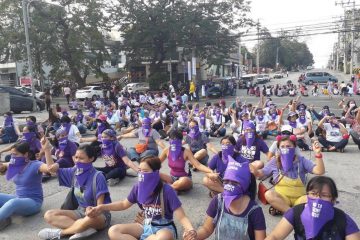
Christina Lopez, Gender and ICT Program Officer shares that Philippines has taken the global lead in at least one measure: time spent on social media. Filipinos spent an average of 4 hours and 17 minutes per day on social media sites such as Facebook, Snapchat and Twitter. Source: Digital in 2017 (2017), We Are Social Ltd.
Quezon City – Last June 30, 2017, Save the Children PH led its SIDA Annual Partners’ Meeting, in B Hotel at Timog Avenue with the theme of ‘”Learning and sharing between and among partners gearing up for program quality and impact”. With the rise in influence of social media, the Foundation for Media Alternatives was invited to give a plenary talk on social media and how it can be used for advocacy campaigns.
The talk covered the basics of social media: what it is, what its for and what it can be. During the talk, there were a number of questions raised by the audience especially regarding online safety. Topics on privacy issues online and effective strategies for social media usage (e.g. the use of clever and relevant hash tags to gain more attention, etc.) were also discussed.
The issue on trolls interested most of the participants. There was a question on how to identify trolls and what to do if you do meet one on your organization’s social media page. One thing to take note of is that one has the choice to engage or to ignore someone online. Dealing with a troll is up to the user’s discretion.
One inquired on whether ‘trolling’ on social media can be a strategy used by their organization in promoting their advocacy. Although there were mixed opinions on this, it was agreed upon that ‘trolling for advocacy purposes’ may prove to be difficult since the word ‘troll’ has already been associated to negative things.
Issues on online safety, like frequently checking the privacy settings on social media accounts and the security of websites, were also a vital topic during the discussion. In a short exercise, where the participants were asked to check certain websites’ , it was found out even some government websites weren’t secure.
The plenary talk was to end with a workshop that would test how the participants would react given a situation concerning social media. However, due to lack of time, the session ended with questions from the audience instead. Follow-ups on the presentation went underway with more questions on online safety and utilizing social media for social media campaigns.# – Angelica Louise Matos, FMA Intern
![]()



0 Comments